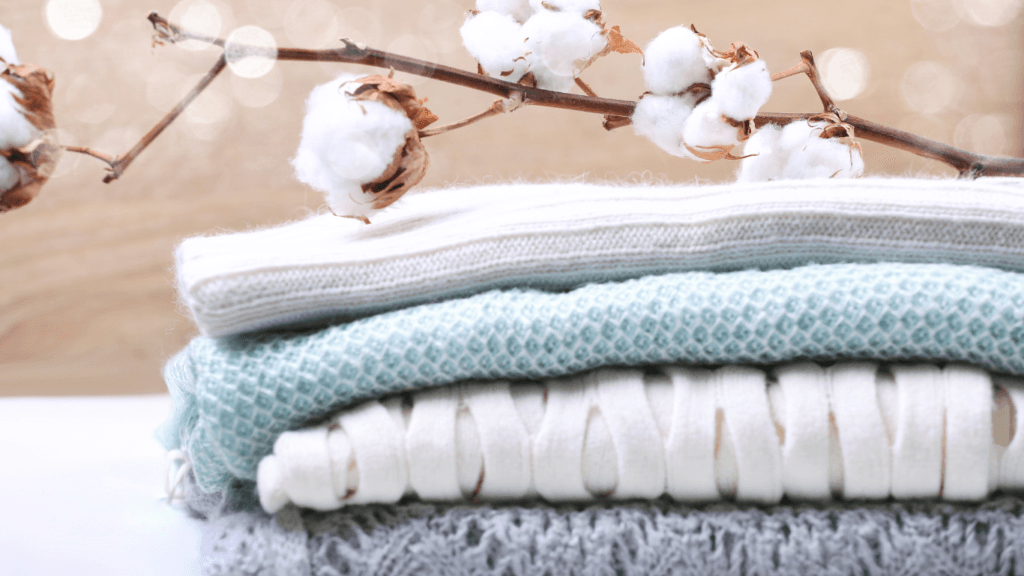Benefits of Organic Cotton vs Regular Cotton: What You Need to Know.
What are the benefits of organic cotton vs regular cotton and their differences including sustainability, environmental impact, and comfort?
Posted by sumitchakravarti /29 December, 2024
Benefits of organic cotton vs regular cotton
The ongoing discussions in these years concerning organic cotton and regular cotton have reached a considerable volume. Cotton is one of the most common and widespread textiles around the world, but it is not all equal. Each time you come across a point and have to choose benefits of organic cotton vs regular cotton, you would usually think about one of the following-Eco-friendliness, health benefits, and sustainability. This article strives to evaluate and contrast the two types of cotton concerning all the major differences, kinds of advantages, and disadvantages from which you can make an informed decision for your lifestyle.
What is Organic Cotton?
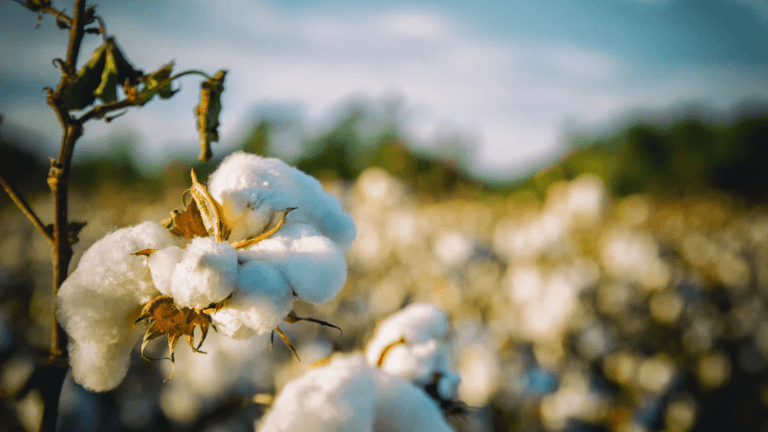
It does not use synthetic pesticides, chemical fertilizers, or genetically engineered seeds in growing organic cotton. The methods of farming prioritize the soil health, conservation of water, and biodiversity. Such cotton is cultivated pursuant to strict standards and certifications, like the Global Organic Textile Standard (GOTS), so that it is sustainable and ethical.
What is Regular Cotton?

Regular cotton, or so-called conventional cotton, is grown from genetically engineered seeds, using pesticide and fertilizer inputs. Despite high productivity, it incurs environmental damage and health risks for both farmers and surrounding communities.
Benefits of Organic Cotton
- Environmental Sustainability: The organic cotton farming does not use harmful chemicals, thus preventing contamination of soil and water. It increases long-term soil fertility and biodiversity.
Shunned Rainwater Techniques in Water Reduction: Organic farming systems and the methods used for cultivating organic cotton reduce water use. Because they rely more on rainfall for irrigation, they hardly ever need to use external sources, making for less water consumption compared to less ordinary cotton.
You wouldn’t believe it, but organic cotton farming makes the revolutionary miracle of irrigation water almost rain-fed, cutting down so much water consumption when compared to normal cotton.
- Without harmful toxins, farmers and workers are exposed to safer surrounding environments, resulting in healthier lives and workplaces for them.
Biodegradable and Eco-Friendly: Organic cotton is biodegradable and contributes less to landfill waste, making it a more sustainable choice.
Softness and Comfort: Organic cotton is perceived by many consumers to be softer and gentler on the skin and for individuals with sensitive skin.
The Fair trade certifications usually accompany organic cotton to guarantee that farmers and workers receive fair remuneration that recognizes their value to the rest of the world and work under humane conditions.
- The Fair trade certifications usually accompany organic cotton to guarantee that farmers and workers receive fair remuneration that recognizes their value to the rest of the world and work under humane conditions.
Benefits of Regular Cotton
- More Output and Workability: Better cotton farming usually gives a higher output in satisfying the global requirement for cotton goods.
- Reduction in the Production Costs: It is cheaper in synthetic inputs and GMOs to grow cotton in normal conditions, making it less expensive.
Availability on a massive scale: Normal cotton is readily available, the backbone of the world textile industry.
Organic Cotton vs Regular Cotton: Environmental Impact
Now that sustainability has become a worldwide concern, most building materials have become critical for creation, such as those used for making clothes. Cotton is a major part of all these materials. Cotton is also among the natural fibers that are rather mostly used around the globe. However, this does not mean that all cotton is the same. The comparison between organic cotton and conventional cotton gives vital aspects for their differences in environmental footprints.
Having been subjected to severe water consumption, chemical fertilizers, and pesticides, regular cotton farming practices now crumble when compared to the organic practices-walking with its possibly earth-friendly face as a farmer because it makes use of sustainable farming practices, no harmful chemicals, and soil improve skin to another enlightened consumer. In this regard, this article will talk about the environmental issues brought about by both organic and muck cotton in the context of how those utopian worlds are manifested, depending on what choices one makes.
Keep reading to see how these two types of cotton walk the talk in terms of sustainability, resource consumption, and overall ecological responsibility.
Regular Cotton
Normal cotton cultivation is resource extensive. It requires an excessive amount of water, pesticides, and fertilizers that would cause soil and water pollution because of their use during growth. Also, in traditional cotton cultivation, the usage of machines is at a higher level than in any agriculture sector, which considerably adds to its carbon emissions.
How organic cotton is grown?
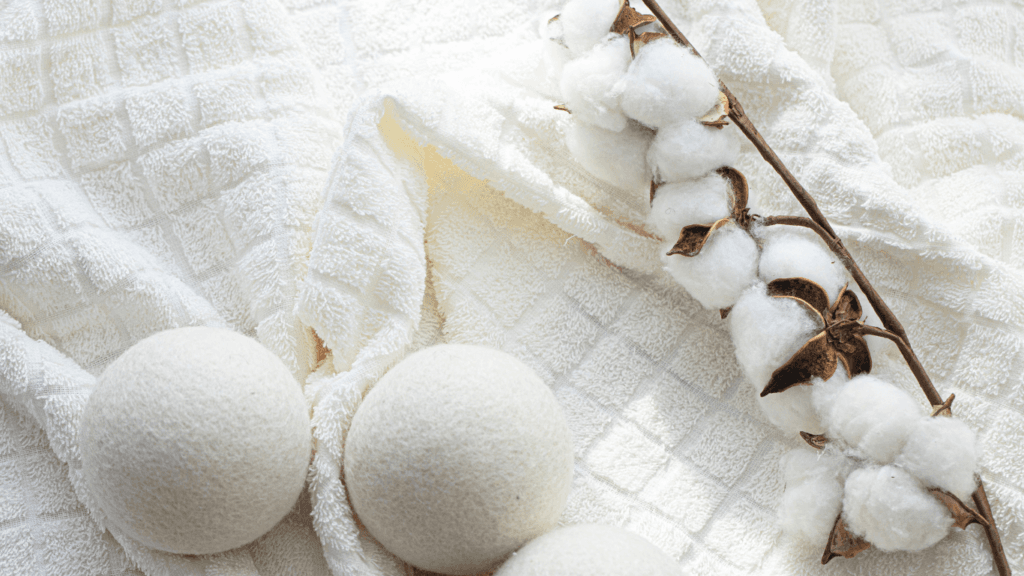
The most eco-friendly and sustainable practice of farming is organic cotton farming, whereby the farming practices minimize the environmental impact and benefit the soil as well. This would be the way organic cotton is grown it should not be fertilized or be subject to harmful insecticides, as is done for conventional cotton and is suitable to understand organic cotton vs regular cotton.
1. Natural Pest Management
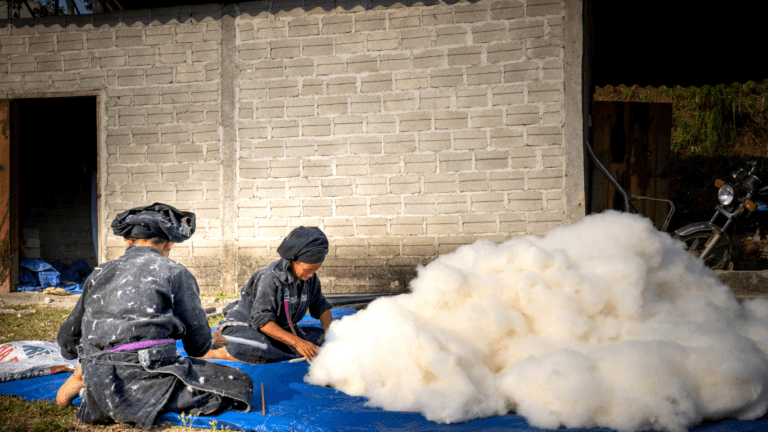
Organic farmers do not use chemical pesticides instead they rely on different means to manage pests and plant diseases. These include the introduction of beneficial insects such as ladybugs, traps, and planting companion crops such as pest-repellent ones.
2. Compost and Natural Fertilizers
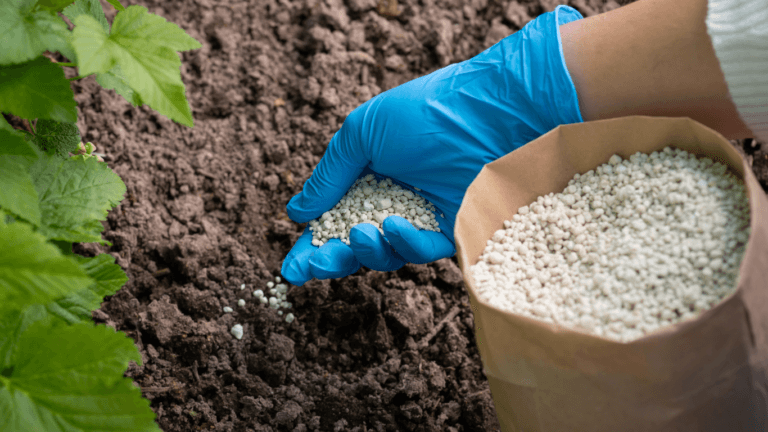
Organic cotton thrives by feeding soil with compost, animal manure and other natural substances instead of using conventional chemical fertilizers. This greatly contributes to soil fertility and enhances moisture retention. Farmers also kept considered that they are using only organic fertilizers to grow cotton. Using only organic fertilizers are also a big reason to make a sense in organic cotton vs regular cotton.
The practice of crop rotation is an effective way to avoid depletion of soil by farmers. Alternate cultivation of cotton with other crops is observed in order to maintain soil nutrients and to lessen the incidence of pests.
4. Non-GMO Seeds
Organic cotton is grown from non-genetically modified (non-GMO) seeds, ensuring that the plants remain free from the genetic manipulations found so frequently in conventional farming, which in turn are linked to high levels of chemicals.
It can be grown from non-GMO seeds. It has no genetic alterations and therefore lacks those alterations that are frequently found in most chemical high farming practices.
We have already classified the main differences between organic cotton vs regular cotton.
5. Water Conservation Techniques
Organic farming requires less water, as much as possible depending upon rain-fed irrigation. Healthier soils tend to retain more moisture thus requiring less frequent irrigation.
6. Manual Weeding
Generally, organic farmers will use hand-weeding or natural mulching, as opposed to herbicides, in order to keep the process chemical-free.
The impacts remain reduced to the environment during working hours and totally eliminate the healthy working atmosphere for farmers. Cotton thus becomes healthier for both the world and the consumers.
Is non-organic cotton safe to wear?
Cultivation of conventional cotton involves the use of pesticides and synthetic fertilizers, which pose great health hazards.
Is Organic Cotton Better for Skin?
Yes, organic cotton is better for the skin. It is free from harmful chemicals and dyes that can irritate sensitive skin or cause allergies. This makes it ideal for baby clothes, undergarments, and bed linens. Additionally, organic cotton’s softness and breathability provide superior comfort for everyday wear.
Organic cotton vs Egyptian cotton
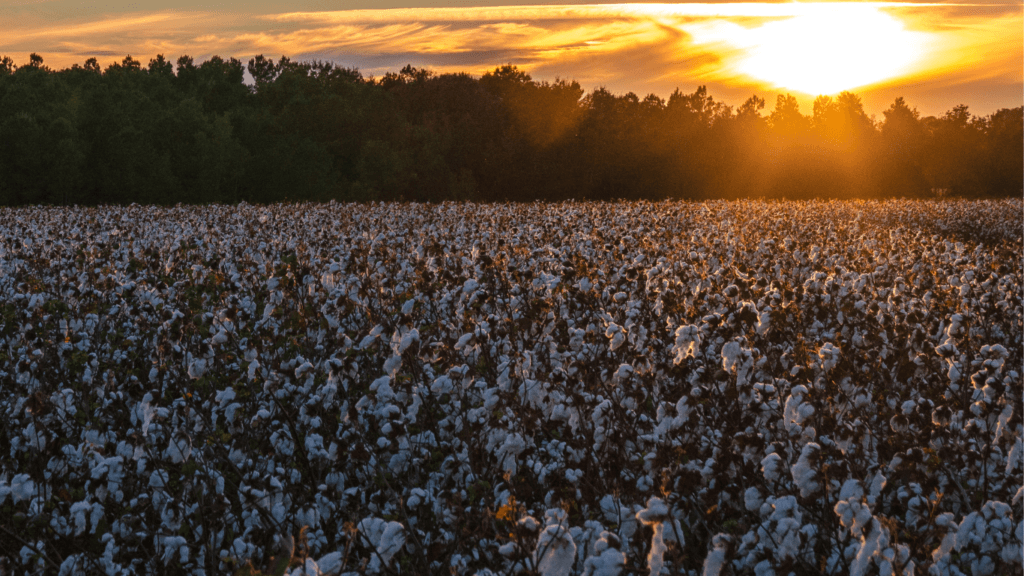
Origin
Organic cotton: Preventing its exposure to synthetic substances, organic cotton is cultivated with the label of ethical and environmental sustainable agricultural methods through the prevention of synthetic pesticides, herbicides, or GMOs.
Egyptian cotton: Primarily grown from the Nile River Valley, has gained exceptional fame for its long fibers, which are highly prized for their ultra-soft touch and durability.
Growing practices
Organic cotton: There is use of organic fertilizers by farmers and growing crops in rotation to sustain the ecosystem. Soil health and water conservation are given high priority.
Egyptian cotton: If any, some of it is organic through a variety of ways of cultivation, but traditional Egyptian cotton is not wholly organic. It uses, if any, many of the kinds of farming practices employed in the conventional way of farming, which may include chemicals.
3. Fiber Quality
Organic cotton: Usually consists of medium to long-fiber type, good in softness and durability, but not as premium as Egyptian cotton.
Egyptian cotton: Egyptian cotton is famous for its extra-long staple fibers, which are softer, more breathable, and more durable than most organic cottons.
4. Environmental impact
Organic cotton: It is eco-friendly, with a lesser dependence on water (depending on the place) and reduced carbon footprint, thus making it more sustainable.
Egyptian cotton: Though this might be something of high quality, it’s one of the most resource-intensive and less eco-friendly things to happen to make it unless it was organically cultivated.
- Higher price: The organic cotton usually costs premium due to this hand-labour intensive farming and its low productivity.
Limited Availability: Organic cotton is not as widely available as regular cotton, making it harder to source.
- Lower productivity: Organic farming methods typically result in lower yields compared to conventional methods, which can affect supply chains.
- Strict certification processes: Farmers are toiling behind very rigorous standards in terms of obtaining organic certification so that it becomes tedious and expensive.
Why is organic cotton more expensive?
Prices go so high for organic cotton as a result of sustainability in agricultural practices, labor costs, and certification fees. Organic farming practices don’t have the cheap synthetic chemicals or genetically modified seeds, resulting in very high costs of investments as well as lower productivity with higher labor input. However, for most consumers, the global and ethical benefits associated with the organic products outweigh the additional costs.
How to identify organic cotton?
Look for certifications:
Global Organic Textile Standard (GOTS)
Organic Content Standard (OCS)
Fair Trade Certified
These labels ensure that the product you’re buying adheres to strict organic farming and ethical production standards.
Cotton products branding


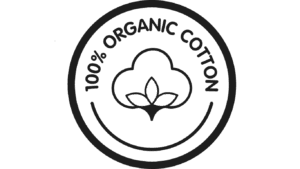
Consumer Trends: Organic Cotton vs Regular Cotton
In today’s eco-friendly market, consumers move toward more sustainable options, including organic cotton. Fashion brands and retailers are availing of organic textiles for their products to meet demands and keep up with the sustainability agenda. Thus, affordability and availability for conventional cotton put it beyond the reach of other alternatives in the textile industry.
Fanbase, this is the modern state of affairs and matches your query benefits of organic cotton vs regular cotton. A more holistic dimension for the consumer in terms of the aspects by which he can be bought or persuaded toward a product is organic cotton. The brands and retail portfolios embrace organic fabrics just to quench this thirst. But because of its cheap price and availability, cotton will go on to be an invincible leader in the textile industry.
Conclusion:
You have to consider your priorities when deciding between organic cotton and conventional cotton. Organic cotton has unmatched benefits in terms of sustainability, benefits to skin health, and production in an ethical way, but it burns a significant hole in the pocket and is not that easily available. On the contrary, regular cotton provides cheap and efficient measures but at a considerable price to the environment and health.
Learning about the differences and considering the advantages or disadvantages of the choice you make will enable you to take informed decisions towards what conforms to your value or lifestyle. Be it eco-friendliness or cost-effectiveness, every choice comes with trade-offs, and pay heed to it!

